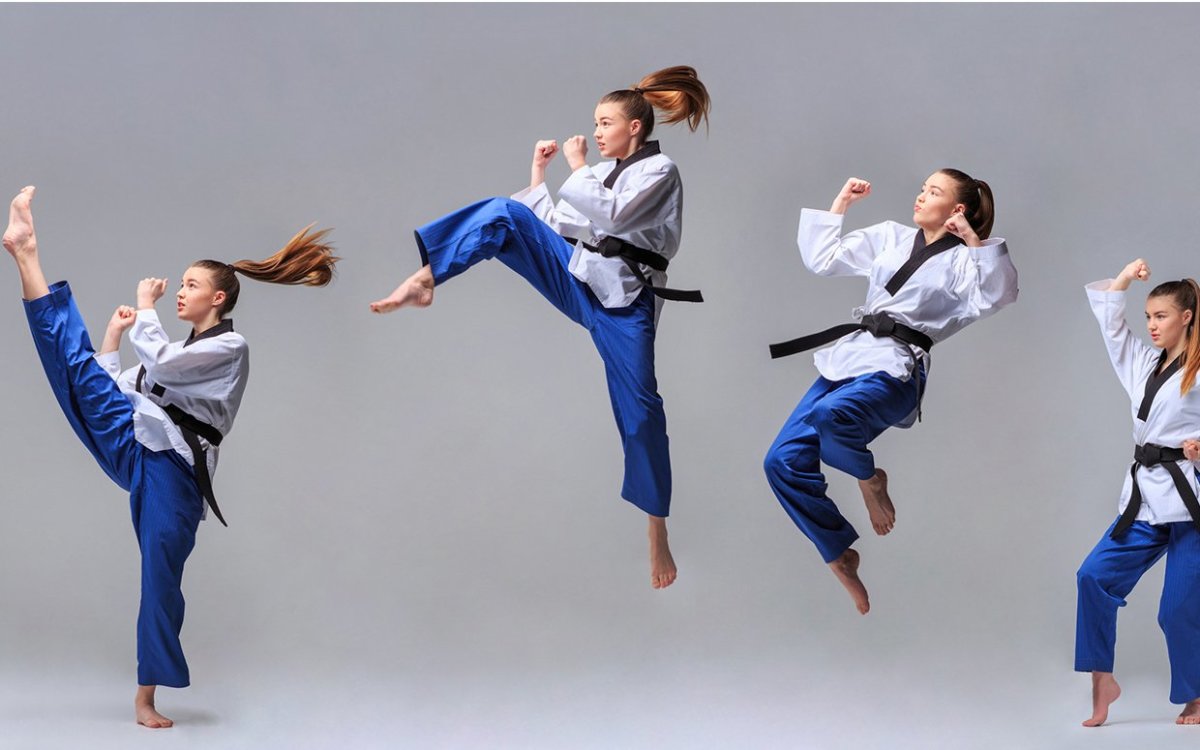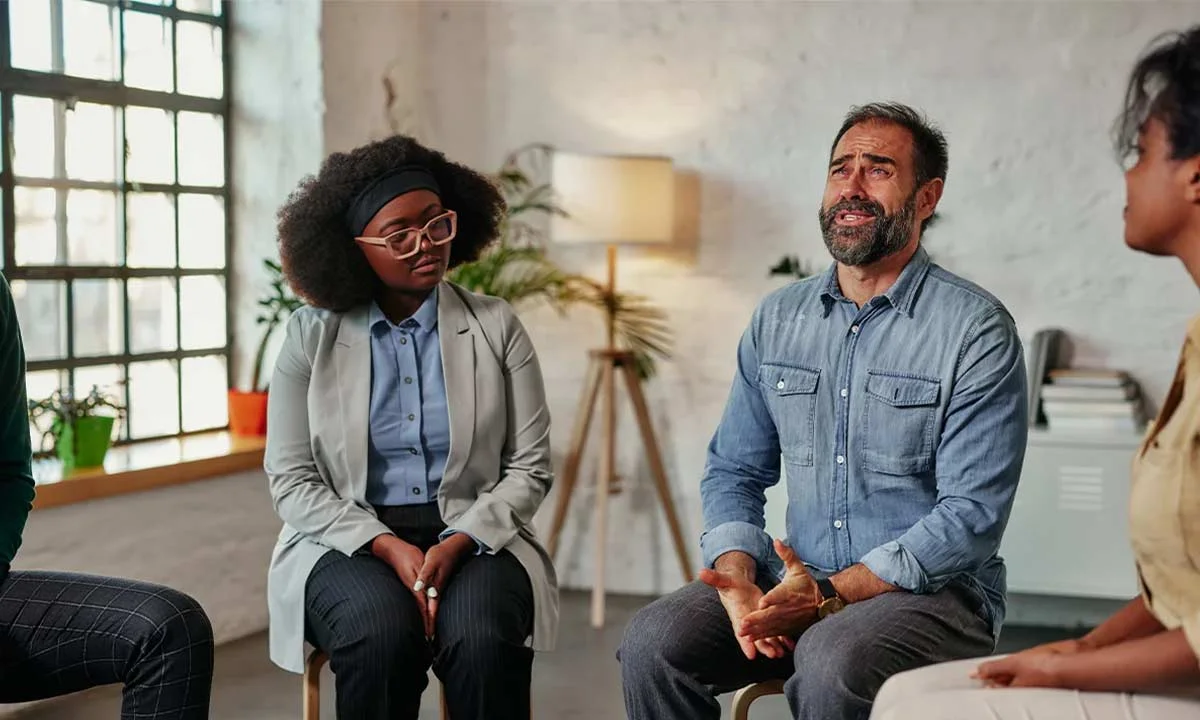Karate has recently been gaining immense popularity as a leisure activity for kids all over the world. Beyond its physical aspects, teachers, parents, and even researchers are increasingly intrigued by the possibility of its impact on children’s mental well-being.
This blog post explores the fascinating subject of the impact karate has on kids ‘ mental health, looking at the positive psychological benefits and positive results it has to offer. From increasing self-confidence to helping resilience and emotional regulation, we’ll look at how karate helps children’s minds and aids in their overall development.
The Psychological Benefits of Engaging in Karate Practice
Engaging in this type of exercise could bring a variety of psychological benefits for children. Studies have shown that consistent training increases the release of endorphins. those “feel-good” hormones, which can boost mood and fight symptoms of depression and anxiety.
Furthermore, the sport demands concentration and focus, which helps develop cognitive and problem-solving capabilities. The goal-oriented and structured nature of the sport increases a child’s feeling of accomplishment, which leads to a positive effect on their self-esteem and mental health.
When it comes to the art of karate for children, the martial art is not just about their physical skills, but also helps them develop their mental and emotional growth.
Building Self-Confidence and Self-Esteem by Karate Training
Karate provides a positive environment that inspires children to test their limits and reach their personal goals. As students progress in their training and attain higher belts, they experience an appreciation for their accomplishments and confidence in their abilities..
This confidence-building experience goes beyond their dojo and positively impacts their relationships with adult and peer group members alike. The sport helps build confidence in oneself and can be transformative for kids who struggle with self-esteem issues, empowering them to face the challenges of life with confidence and determination.
Karate as a Means to Reduce Stress and Anxiety in Children
In the fast-paced world of today, kids are often afflicted with anxiety and stress, which affects their mental well-being and health. This activity provides a great outlet to let out anger and stress through physical exercise.
The practice assists in regulating stress hormones such as cortisol, as well as promoting mindfulness and relaxation. The tempo of the movements and focus breathing are also a part of achieving peace and equipping children with coping strategies, which can prove invaluable throughout their lives.
Improving discipline and Focus through Karate Training
Improving focus and discipline with activities is one of the main benefits children can receive from them. Karate requires strict adherence to the principles and methods and instills discipline in young students.
The constant nature of training develops endurance and perseverance, vital traits that are carried over to the rest that they encounter in life. As they progress through various levels of belts, they are taught to establish goals and work hard to meet them, which in turn fosters an unwavering commitment and focus.
The intense mental stimulation required during Karate exercises sharpens their focus skills, which helps them remain focused and alert. Overall, the organized and disciplined program provides youngsters with life skills that will lead to achievement in academics, sports, and other areas.
Social Development and Building Friendships in Karate Classes
Beyond the benefits for each individual, in addition to the personal benefits, this activity provides an ideal platform for kids to interact and develop lasting friendships. Regular classes help bring kids together, encouraging the bonds of friendship and cooperation. Participating in exercises with partners and sparring improves the ability to communicate, empathy, and problem-solving.
The supportive community in Karate Dojos fosters an atmosphere of belonging, decreasing feelings of loneliness, and creating an environment of social interaction that enhances kids’ emotional health and well-being.
Examining the Role of Karate in Improving Emotional Regulation
Regulation of emotions is an essential element of good mental health, helping people to control their emotions effectively.
The training helps children understand and manage their emotions to avoid impulsive reactions and aggressive behavior. By a discipline like karate, kids learn to manage their emotions constructively, turning negativity into constructive emotions.
The newfound ability to be emotionally intelligent provides children with the skills to overcome challenges and create better relationships, increasing their emotional and mental resilience.
In the fight against bullying and building resilience through Karate Training
The issue of bullying is a common problem that affects children’s mental well-being and wellbeing. The sport teaches children useful self-defense techniques, giving them the feeling of confidence and safety.
As kids build strength physically as they grow, they also develop emotional strength that serves as a powerful deterrent to potential bullies. Additionally, the self-confidence gained through this activity allows kids to speak up for themselves and their peers, creating an inclusive and safe environment in which bullies are less likely to flourish.
Karate’s Impact on Promoting a Positive Body Image
The pressures of the media and society frequently contribute to issues with body image among children, which can have negative psychological health outcomes. A sport that isn’t competitive focuses on personal development and self-improvement, rather than physical appearance.
All body types of children are able to excel in this sport, which can lead to a more positive image of their body and greater self-esteem. This aspect of the sport allows kids to be aware of their talents and achievements, establishing relationships with their bodies as well as fostering an optimistic attitude.
Understanding the Potential Drawbacks or Challenges of Karate on Mental Health
Karate has many advantages for children’s mental health. It is important to recognize the potential difficulties. A frenzied training schedule or unattainable expectations from instructors and parents can cause burnout and stress.
It is vital to find a balance between the practice of karate as well as other activities to ensure children are able to have a time of relaxation and socialization. Furthermore, any activity that involves physical contact poses a risk of injury, highlighting the necessity of proper supervision and safety precautions.
Conclusion: Summarizing the Overall Impact of Karate on Kids’ Mental Health
Karate is a great choice for children because it offers numerous positive effects on children’s mental health. From building self-confidence and enhancing emotional resilience to helping develop discipline as well as focus, and social skills, the psychological advantages of practicing karate are numerous. It is an all-encompassing approach to fostering children’s mental health and equipping them with important life skills that are not limited to the confines of the dojo.
However, it is crucial to take karate training in a balanced manner by focusing on your own needs and the potential obstacles. When practiced with care and under proper guidance, it can be a powerful force for the mental health of children as well as personal growth.




